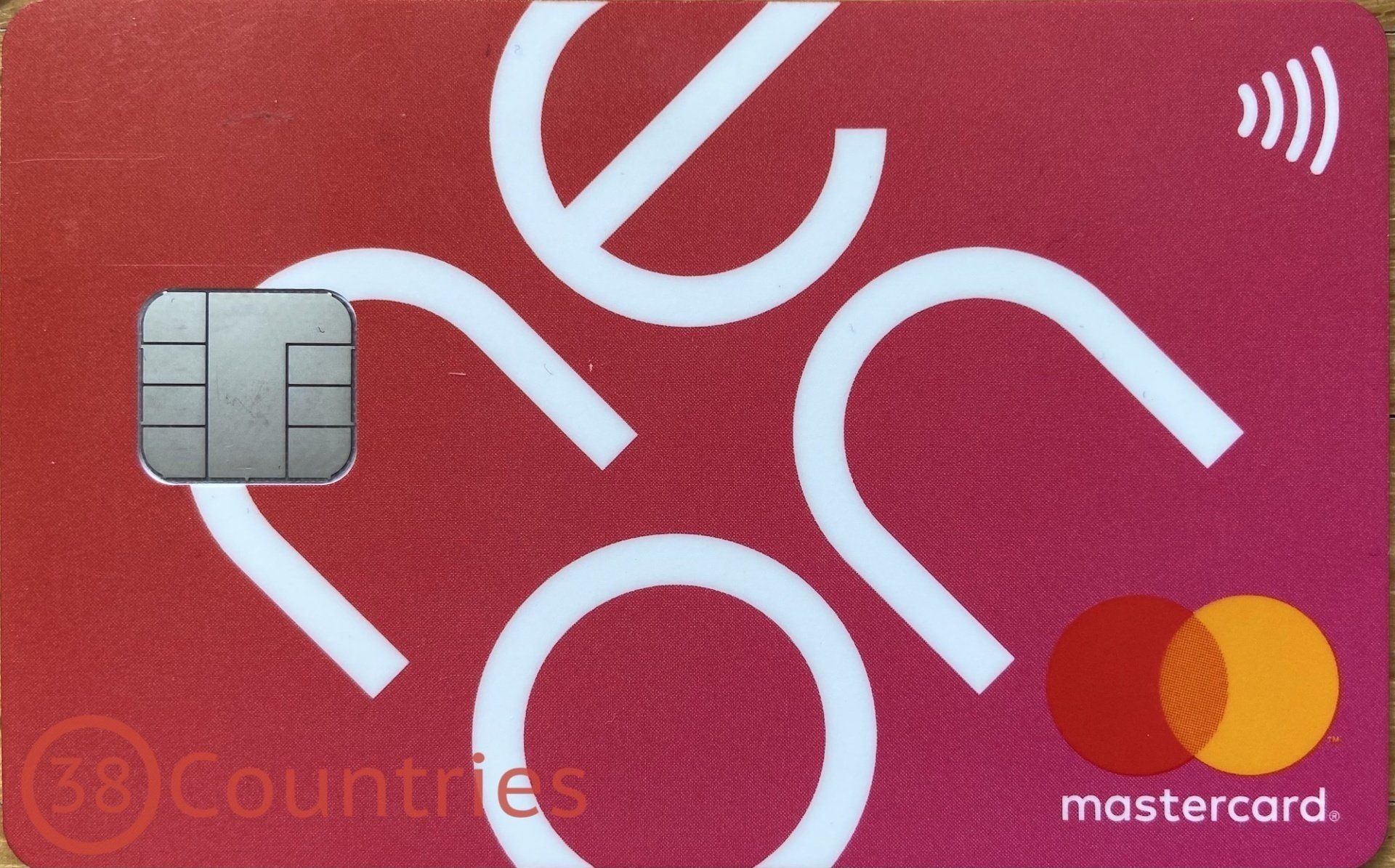How to open a bank account in Switzerland as an expat
One of the first things you will have to do after you move to Switzerland (as an expat), is opening a bank account. After all, you need a “place” for all those hard earned Swiss Francs to arrive at.
My first view on this topic is that you only need an “online / smartphone” account and not a “traditional” bank with a branch and so on. The reason for that is simple: Banks with branches cost a lot of money. Banks will always try to get that back from you somehow. Be it through credit card fees, a monthly account administration fee or by selling you other things you don’t really need, but pay for.
For this reason, I will mainly focus on the online options here.
The documents you need
One of the most asked questions on the interwebs is: What documents do I need to open a bank account in Switzerland as an expat?
Typically you need only these two:
- Your passport or national ID (for EU citizens)
- Your Swiss Residence Permit (Ausländerausweis)
Some banks will even accept the registration receipt you will get at the Personenmeldeamt (Resident’s Office) instead of the Residence Permit, but generally it is easier to just use the Residence Permit card if you can wait until you have it. The Residence Permit card will take a few weeks to be issued and sent to you via post whereas the registration receipt is issued immediately at the Resident’s Office.
Personal recommendation and my own main bank account: neon!

neon (Hypothekarbank Lenzburg)
My personal favorite is neon, a free and Revolut-like offering from Switzerland with a Swiss bank and proper local Swiss IBAN (which Revolut will probably never offer for Switzerland).
You can open this account completely from your phone, going through a video-call based KYC procedure.
Similar to Revolut, you get a very nice app, a payment card (in this case a Prepaid Mastercard) and no foreign exchange fees, not even on weekends.
So price-wise the neon offering is actually better than Revolut for users from Switzerland.
For eco-conscious users and the metal card lovers, there are also options at neon called "green" and "metal", but for most the red-color-branded "free" variant will be more than sufficient.
What I like most is not having foreign exchange fees. Switzerland is not such a big country, but a very international one. So both as a Swiss and an expat user, you will have payments in different currencies. These hidden fees can mount up to a few hundred in bank fees that you end up paying each year.
Another real benefit is that the neon app is pretty good, compared to some others.
Read my full review of neon if you want to know all the details.
Signup to neon is quick and easy. The onboarding works through a video call like with most digital offers these days, so you don’t need to go anywhere. The only limitation is that you live in Switzerland. Use the code JEDUEX to get 10 CHF for free added to your account.
Zak (Bank Cler)
A slightly older smartphone bank offering is Zak by Bank Cler. It is sort of a hybrid in the sense that Bank Cler is actually a relatively big bank in Switzerland with branches in all regions of Switzerland.
So if you wanted to go to a branch every now and then, there would actually be one near you or in the nearest bigger city near you. At the same time, the fees of Zak are still relatively low.
In spite of this, you still open this account completely from your phone, going through a video-call based KYC procedure.
Another nice feature is that they integrate the famous retirement savings system Pillar 3a into the same app. The fees there however are not attractive and multiple times higher than with competitors like VIAC, Selma, Yova and so on. So you end up paying a price for that convenience.
More important is that you do get a debit instead of a prepaid card. While a prepaid card is accepted in almost all places, car rentals agencies will never accept them and occasionally they can also not be used for online payments with some service providers. Debit cards are accepted by some car rental agencies and every online service provider I have ever seen, so this card will be more universal.
Read my full review of Zak if you want to know all the details.

Yuh (Postfinance)
Yuh is a quite new offering from one of the biggest banks in Switzerland, Postfinance, and one of the biggest stock brokers, Swissquote.
Similar to the other options, you can open this from your smartphone or “reuse” an existing customer relationship if you have a traditional account with Postfinance.
Yuh is probably the best choice if you want an all-in-one solution: It will allow you to hold and receive multiple currencies under the same IBAN, similar to Revolut. You also get a debit card with no foreign transaction fees and a nice app to manage it all.
On top of that is the ability to trade some 200 popular stocks with low fees and even in fractions. Clearly, Postfinance and Swissquote are trying to copy the cool features from Revolut in this case.
I have not used Yuh myself, but heard many good things about it. Finally worth mentioning is that Postfinance has a very extensive network of branches with their own ATMs.
This article is not financial, tax or legal advice by any means.
I am only sharing my own personal experiences here.
Always seek professional financial, tax or legal advice before making decisions.



